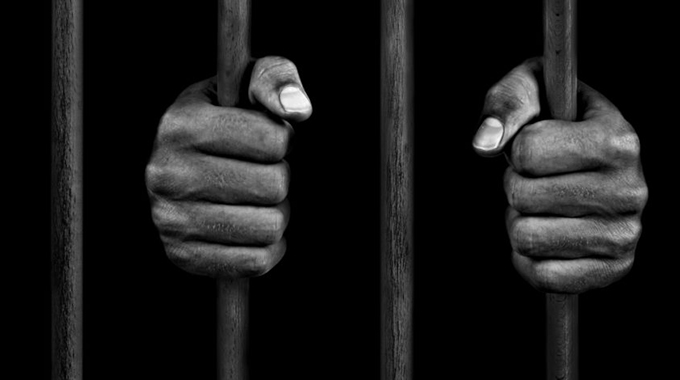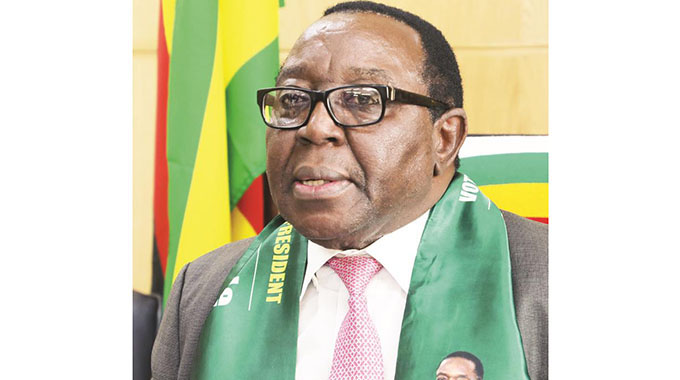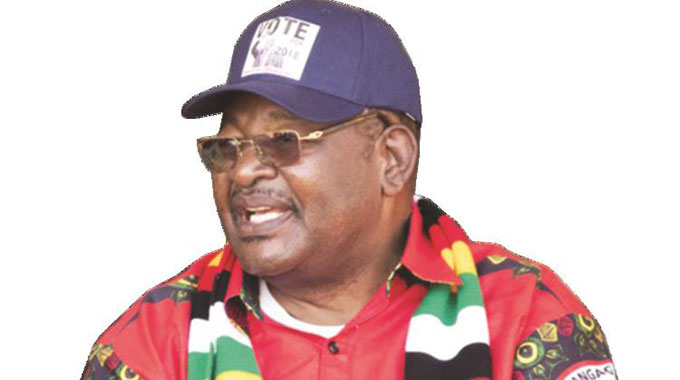Editorial Comment: Parole long term solution to overcrowding

Once again Zimbabwe’s prisons are crowded, with around 20 000 inmates occupying cells designed for 17 000, and with the need to avoid overcrowding during the Covid-19 pandemic, the Zimbabwe Prisons and Correctional Service (ZPCS) has petitioned for a clemency order that will reduce the sentences of 5 000 prisoners.
This obviously has to be considered seriously in our present circumstances, but continual ad hoc early release of specified batches of prisoners, regardless of their personal levels of rehabilitation, creates its own problems.
These releases in some ways undermine the judiciary which has imposed the prison sentences in the first place, and in any case introduce risks of higher re-offending rates. And public opinion generally demands punishment should fit the crime.
So the time has also come to consider permanent solutions, either more prison space, or a formal system of parole and supervised release, or both.
All the clemency orders so far issued, and especially the most recent, try and avoid the worst of the dangers. Generally, those convicted of violent crime, that is crimes against people, are excluded unless they are so old that they are unlikely to be a danger to anyone now. Prisoners considered for early release have to have served a good chunk of their sentence, or at least of the effective sentence.
So most of those who benefit are those who committed crimes against property, without hurting or threatening to hurt anyone else. But this means that thieves and forgers, those guilty of fraud and smuggling, drug dealers, and what will probably be a growing number guilty of corruption, allowed to get out early. In many cases this might not be a serious danger, but so much depends on the individual. Zimbabwe already allows a prisoner who has served two thirds of a determinate sentence, basically anything below life imprisonment, to be released if they have behaved themselves in jail.
This is one reason why so few even try to escape and while violent behaviour in prisons is rare. Most prisoners make a serious and sustained effort to behave properly and follow all prison rules and regulations and in general co-operate. In many ways it is a major incentive in the rehabilitation process.
But the “one third off for good behaviour”, while common is not automatic. You need to earn it. Some go through all the motions, but inwardly care little about reforming. However, they still have behaved, made it far easier to manage the prison system, and caused no harm to fellow inmates. So we still gain. Many countries have introduced parole, or supervised release or a ticket of leave. Our experience from clemency orders, and from the early release of prisoners who behave, coupled with the greater insight into prisoner behaviour that the new stress of correction and rehabilitation among prison staff has created, allows us to consider such a system here.
The point where a prisoner can apply for parole varies. Some countries allow this after a third of the sentence has been served; some want to see half served; a few want two thirds, so are roughly in Zimbabwe’s present position, but with additional safeguards regarding supervision. It is common to set a minimum number of years that must be served for each type of crime, sometimes six months for a moderate offence and sometimes many years for the most serious violent crimes.
This is common in countries that have abolished the death penalty of murder and replaced it with life imprisonment, as Zimbabwe has done in practice with its moratorium on executions, and with the judge allowed to set the minimum number of years that must be served before a parole application, and sometimes even setting a “whole life” sentence, so there is no parole.
This sort of sentencing will probably be needed in Zimbabwe when we formally abolish the death penalty, especially if we have by then introduced a parole system. The parole system allows for individual assessment of prisoners. Nothing is automatic. The “parole board”, or whatever it is called, considers the application, it looks at the prison record and expert assessments, it can even interview the prisoner. It then, under its previously set guidelines, makes the decision.
A prisoner released on parole, and this is the critical point, is not a free person with full civil rights, as is a prisoner released after finishing their set term or even released early as an act of clemency. Legally and practically the prisoner is still serving their sentence, except not in a cell.
So parole boards set conditions. Almost universally this means the paroled prisoner has to live at a known and approved address; they have to check in with a parole or supervising officer regularly; how they earn a living has to be known, and at least not vetoed; generally they need to have a legal income or family support; often they have to obey a curfew. The parole officers can visit anytime, day or night, to check.
And they have to behave. Any offence, or suspected offence, north of a parking ticket and back they go. Any breach of conditions, and back they go. It is quite a lot like being on bail, only with tighter controls. The parole board can assess the degree of a breach or new offence, but they are assessing a prisoner back behind bars.
The prisoner is only truly free when they finish the term set by the sentencing court.
Some jurisdictions have a preliminary stage, a bit like Zimbabwe uses in open prisons for prisoners in the last stage of their sentence, where brief home visits are allowed to see if the prisoner can be trusted before full parole. The system has a number of advantages. It cuts the numbers in the cells. While staff are required for supervision this is far fewer than would be needed to manage the same number in a prison. The supervised rehabilitation continues.
And the supervision and automatic return for misbehaviour is a serious deterrent against any new offences.
But most importantly it treats each prisoner individually. The minimum jail time ensures that the basic punishment and deterrent aspects are met. But each person can decide how far and how fast they want to go in reform and rehabilitation, and those who move the fastest and furthest can do more of this, at least for some types of crimes, outside the prison.
But the process of reform and rehabilitation has to continue, and continue in a serious manner. Block early releases do not differentiate much between those who are reforming and those who are not. They might be needed in an emergency, but cannot be too frequent without causing other problems. A parole system is far more finely tuned, and can offer the advantages of periodic clemency orders, that is a reduced prison population and a second chance for groups of offenders, without much risk.
Zimbabwe has been reforming its justice system steadily in recent years, making it more targeted and appropriate for both the needs of society and the needs of those who undermine society. So a careful investigation by all involved of a potential parole system, building on the successes and avoiding the errors of others, now seems to be an idea whose time has come.








Comments